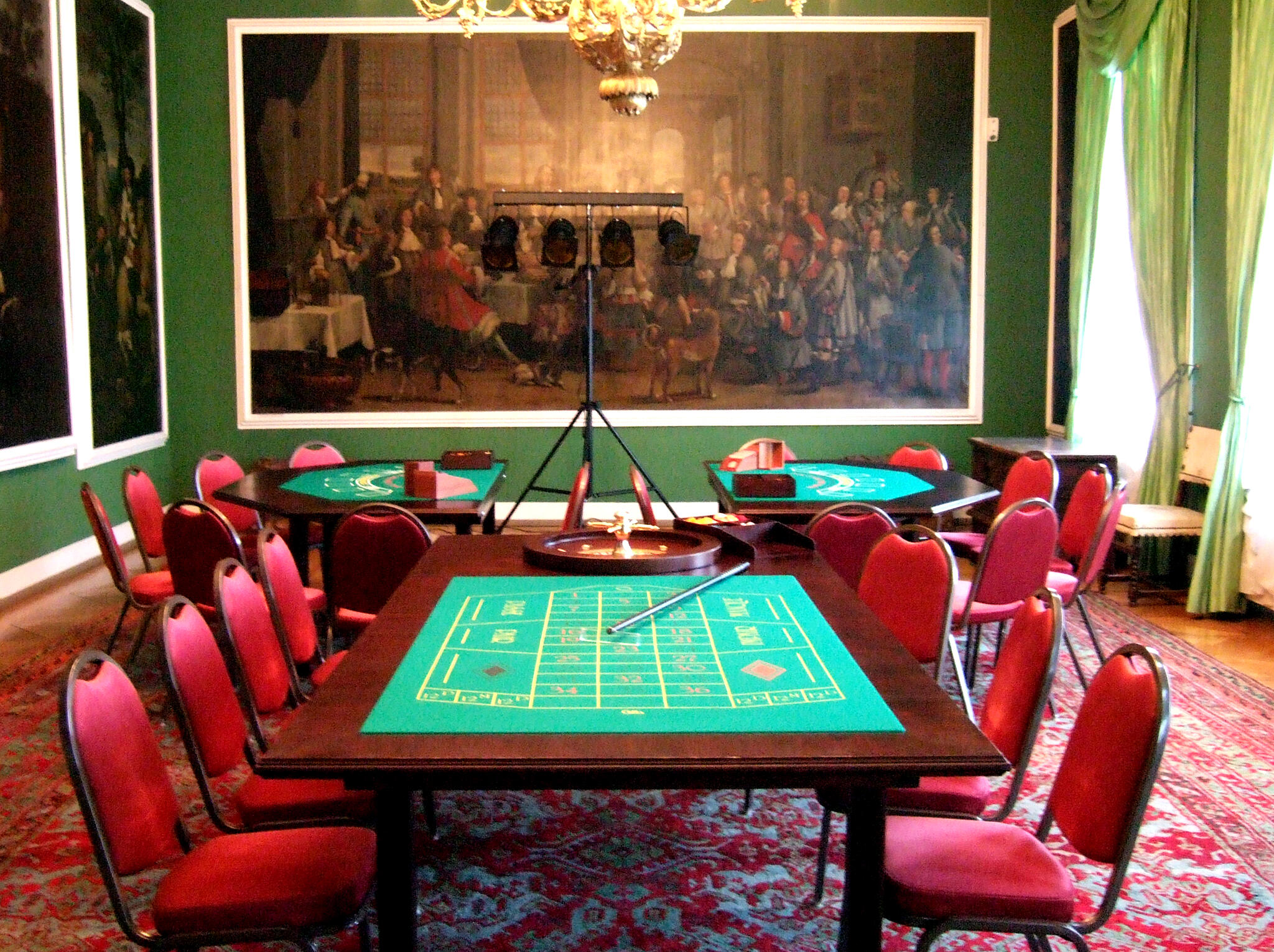
In the dynamic world of gambling halls, where the air pulses with enthusiasm and the clinking of tokens fills the space, the position of a game dealer is both crucial and fascinating. Every day, these experienced professionals step into a realm where fortune and strategy intertwine, leading players through the highs and lows of their selected casino titles. From card games like 21 and poker to the revolving wheels of the roulette table, dealers manage the gameplay while making sure that each game operates smoothly and honestly.
As the day breaks on another hectic day, a casino game dealer gets ready to immerse themselves in this vibrant environment. Their duties extend beyond merely distributing cards or spinning a roulette wheel; they are also performers, service providers, and keepers of the rules. Each workday brings new obstacles and experiences, making every day distinct in the life of a dealer. This behind-the-scenes look will explore the day-to-day operations of a casino dealer, showcasing the skills and insights that make this profession both exciting and rewarding.
The Role of a Gambling Game Croupier
A gambling game croupier is at the heart of the gaming experience, managing the progress of the play while making sure that players are engaged and enjoying themselves. vic club Their main responsibility is to oversee the game, which involves distributing cards, rotating the wheel, or handling the chips, based on the type of game being played. Dealers must have a thorough understanding of the rules and guidelines governing each type of game, while also upholding a welcoming and welcoming demeanor to improve the gambling atmosphere.
In addition to overseeing the gameplay, dealers must also keep a close watch on the players and the surroundings around the game. This entails watching for any signs of cheating, making sure that everyone is adhering to the rules, and addressing any conflicts that may arise among players. Effective communication skills are essential, as dealers often give explanations about the game’s mechanics and give assistance to those who may be new to casino games.
Furthermore, a croupier’s role extends past just the mechanical aspects of the game. They play a crucial part in creating an enjoyable experience for the players. This necessitates establishing a connection with patrons, being attentive to their wants, and often adding an element of fun into the play. It’s this combination of talent, vigilance, and interpersonal relationship that makes the role of a gambling game croupier both challenging and fulfilling in the dynamic world of casino games.
Daily Responsibilities and Challenges
One of the primary responsibilities of a casino game dealer is to manage the various games offered at their table, guaranteeing a seamless and pleasant experience for players. Dealers must be skilled at dealing cards, counting chips, and maintaining the flow of the game. This calls for a deep understanding of the regulations of each game, from blackjack to roulette, and the ability to answer players’ questions while maintaining the game moving. Attention to precision is crucial, as dealers must track bets, disburse winnings accurately, and watch for any cheating or discrepancies at the table.
In addition to managing the game per se, dealers encounter challenges such as managing difficult players. The casino environment can be tense, particularly during intense games, and a dealer must remain calm and professional at all times. They need robust interpersonal skills to handle interactions with players who may be upset about losses or dissatisfied with the game’s speed. Handling these situations delicately is crucial in ensuring a friendly atmosphere on the casino floor.
Another major responsibility is upholding the integrity of the game. Dealers must be vigilant and attentive, watching for any signs of player cooperation or cheating among players. This entails not only a strong knowledge of the games but also an awareness of player psychology. They must also adhere to the casino’s regulations and procedures, participating in regular training sessions to stay informed on rules and protocols. Balancing these responsibilities while providing excellent customer service is what makes the role both challenging and rewarding for a casino game dealer.
Skills and Skills for Success
A effective casino game dealer must possess superior communication skills. This includes not only the ability to clearly explain game rules and procedures to participants but also the capacity to interact with them in a friendly and professional manner. Fostering rapport with guests can enhance the gaming experience and encourage repeat visits to the casino. Effective communication enables dealers to manage tables seamlessly while ensuring that players feel valued.
Additionally, strong mathematical skills are essential for a dealer. Quick arithmetic are often required to keep track of bets, payouts, and game outcomes in real time. A dealer’s ability to perform these numerical tasks accurately and swiftly adds to the overall efficiency of the game. This skill helps in maintaining the flow of play and in minimizing disputes or misunderstandings with players, which is crucial in a fast-paced casino environment.
Lastly, an ideal casino game dealer should show integrity and professionalism at all times. Trust is a vital component of the gaming experience, and players must feel assured that the games are conducted honestly and transparently. A dealer’s commitment to upholding high ethical standards fosters a positive atmosphere at the table and enhances the casino’s standing. Being reliable in behavior ensures that dealers leave a lasting impression on guests, which can lead to a faithful customer base.